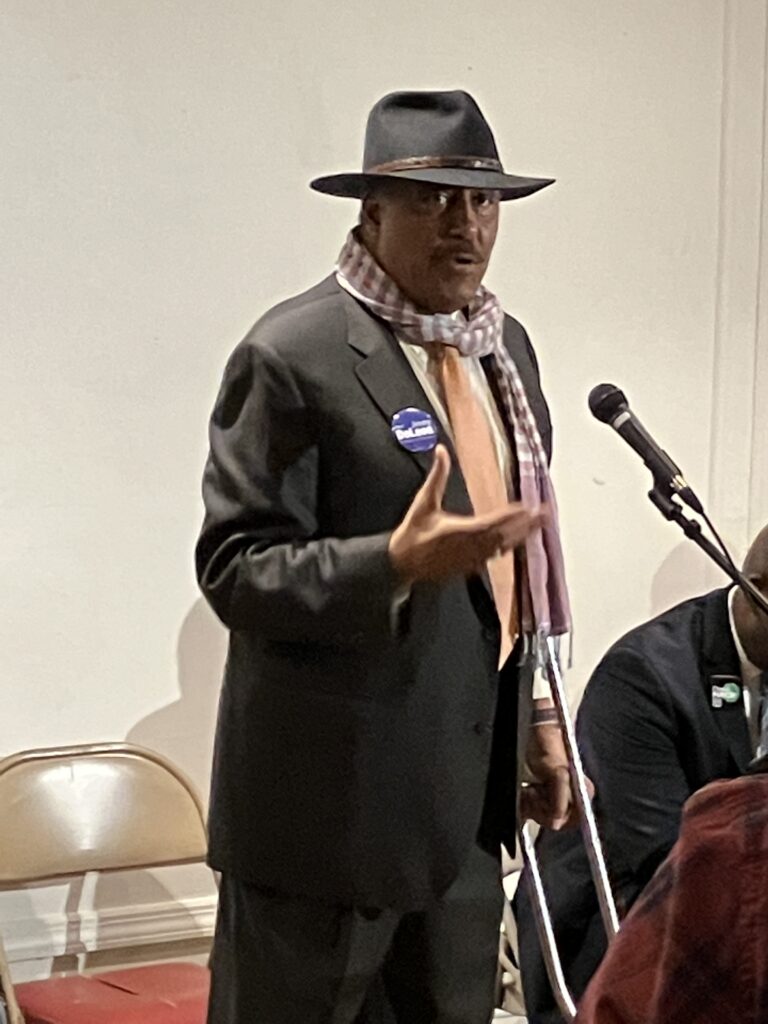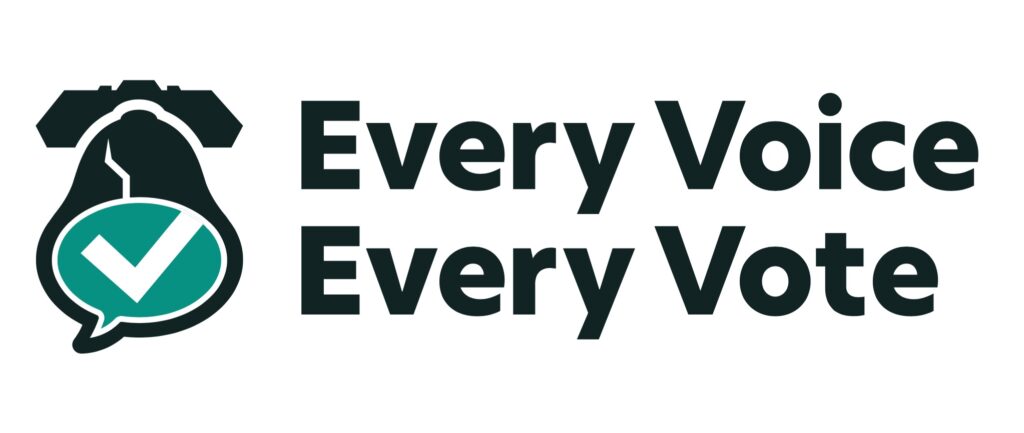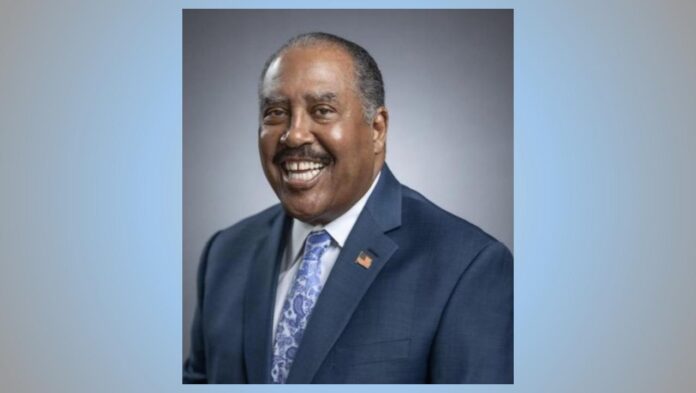Prior to announcing his run for Philadelphia mayor, James M. DeLeon served as a municipal court judge for 34 years. According to his website, the candidate will combat gun violence, reform the criminal justice system, fight homelessness, and provide overall improvements to municipal services, education, health care, youth services and the economy.
For the next few weeks, PGN will be publishing interviews with the mayoral candidates in the order in which they were completed. PGN spoke to DeLeon on Dec. 5, 2022 about his stances on LGBTQ issues. Some responses have been edited for length and clarity.
What are the challenges facing Philadelphia’s LGBTQ community, and how will you address them?
The situation with the LGBTQ community is similar to everyone. We have hate crimes and we have random crimes. And the hate crimes are the most ridiculous, obviously. But the random crimes are just as ridiculous as well. So the way I look at it, is that the same type of problems that people in the poorest sections of Philadelphia are facing are the same types of situations that the LGBTQ community is facing. There’s a lack of housing. There is a lack of jobs. The possibility of better education is a necessity. People want to be included. People want to be recognized for who they are. We as a city can only go forward if everyone is treated with courtesy and respect. That’s the reason why I want to have a commissioner of LGBTQ affairs, specifically attached to the mayor’s office. I understand that you have these commissions, which have people directly meeting. But I need to have a person that has a direct thumb within the LGBTQ community so that whenever issues arise, it can be brought directly to the mayor’s attention for solving. That’s why I have what’s known as a LIMS program. There’s the National Incident [Management System] where wherever there is a problem — as far as floods, or tornadoes or hurricanes — they always activate what’s known as the National Incident Management [System]. My whole belief is that we should have what’s known as a Local Incident Management [System]. So that whenever there are any type of problems that affect the entire community of Philadelphia, as mayor, I can declare it to be a dramatic incident. So if there was an issue in a neighborhood that would mostly affect LGBTQ community members [and] if my commissioner of LGBTQ affairs tells me that there’s an issue going on there, I can enact that issue as a dramatic incident, and bring all the resources of the city to alleviate that particular problem within the LGBTQ community, so that the community can feel comfortable and just continue as the individuals as they so choose to be.

What LGBTQ community leaders and organizations have you worked with in the past?
You know, that’s really interesting because I really have a long relationship with LGBTQ communities. There used to be a group back in the middle ’80s into the ’90s. So, we used to do a ball at the Warwick Hotel. And that ball at Warwick Hotel was to raise money for AIDS awareness. And I was part of the people that used to come to that. When I ran for retention back in 2016, my campaign manager was a member of the LGBTQ community. Right now, I have an attorney that I work with all the time. And he’s a member of the LGBTQ community. And he just asked me on Friday — it was really strange —because he says, “Look, you know, you’re running for mayor. And I just want to know, I don’t want to have any problems with me being from the LGBTQ community.” And I looked at him, I said, “Well, why are you saying this? I mean, come on.” And he was telling me — he’s married — and he was telling me about [how] his wife is getting ready to have an operation. It’s kind of a strange operation. I never even realized this particular operation, where you take away your chest, where you don’t even have your nipples anymore. It’s just like a straight chest with no nipples. And if the person right now has full breasts, the person represents themselves as a female. He’s supporting his wife all the way. And I support him and his wife all the way for the changes that she wants to do in that regard. So I have had a long history with the LGBTQ community. They’ve backed me. When I ran for retention [and] when I first ran for judge, I never really looked upon them as anything other than regular people. I mean, you know, they’re me. They’re a part of my community. They’re the people that I’m with on a daily basis. It’s not any different. It’s just how they choose to identify. People are people.
In light of the numerous mass shootings, including at Club Q in Colorado and the many mass shootings in Philadelphia, what confluence, if at all, do you see between the issues of hate crimes and gun violence? And how does your approach to gun control address that?
They go hand in hand. During the [2016 shooting at Pulse nightclub in Orlando, Fla.], one of the young ladies that got killed was a graduate of my high school. I graduated from West Philadelphia Catholic High School, and she was a graduate. She was a basketball star. I have specific plans on how to alleviate gun violence, not just with the LIMS program that I was telling you about earlier, but also with specific programs like the Philadelphia Municipal Court Anti-Gun Violence Initiative, which you can find on my website, deleonformayor.info/.
We have to get a control on gun violence, the way this thing is right now because it’s not just the LGBTQ community [who are being attacked]. It’s kids walking to school. It’s people that come here to the city, basically as tourists, who are walking down the street. We don’t know who’s going to get shot. It could be anybody. An LGBTQ person can be shot, but not really be the target. [They may] get hit randomly, and [they are] just a member of that community.
So the fact is that gun violence has gotten to a point that anybody, any one of us, is in danger at any moment of the day. So we have to get a hold on that situation and I have the plans that can get a hold on that situation. And that’s the reason why I’m running for mayor. If you look at my platform, if you look at what I’ve written on gun violence, no one else has written anything on gun violence at all. One thing is we want to attack those that sell guns. Look at it like this: Let’s say we have people that are selling guns in the city. And then we get a hold of the people that are selling guns. For everybody that has a gun that’s on probation in the city of Philadelphia, we want to block them from using social media because social media is one of the main ways that people start violence. You’ll notice that most violence in the city of Philadelphia starts from some kind of social media beef. So one way that we can go about that is when we arrest people for guns, domestic violence, or aggravated assault, we can block them from social media. They can’t be blocked from it unless they’re being arrested because everybody’s got freedom of speech. So with less social media traffic, the police could concentrate on other people on social media. So it would open the window for police investigation into other areas that could lead to the reduction of gun violence. So you have the lack of social media for those that are on probation, along with the police conducting their gun violence investigation on those that are still on social media. So that’s one of the aspects of one of my programs.
How will you address the issue of violence against trans women, specifically trans women of color?
That’s a crazy situation too. I was thinking about that the other day in this respect. I don’t know how it would work. But in the police department, there were a couple of types of squads that we had. We used to have the granny squad. We have the hooker squad. We used to have the vagrant squads. And I was thinking, “Could we have a squad where we have a police officer that basically would act like they are trans and then see what kind of reaction we get from people trying to pick them up to hurt them?” I was thinking to myself, “Darn, the way that I’m treating these people, I’m putting my officers in danger. It’s the same danger that they face.” But damn, we gotta at least try it to see.” It’s something that would have to be discussed within the department. But I think that we need to put a squad out there, specifically, to look and see what type of people are trying to pick up trans individuals. And are they trying to pick them up to hurt them or are they just trying to pick them up because they want them as a partner that particular night. We want to get the people that are trying to hurt people [out of the way]. It’s the main thing. And by doing it, you do put your officers in danger. With the female officers that are out there acting as if they’re hookers, they’re in danger. It’s the same thing. It’s the same type of situation that we have to put together because the only way that we can put a stop to it is to have police involvement in the normal type of way police have been involved in these kinds of situations. You put officers out, acting like they are a certain type of person to see what type of individuals approach them. And then maybe we can get lucky and get some people who were trying to hurt somebody, without our officer getting hurt as a result.
Why should the LGBTQ community give you their vote?
Because I’m a person that cares about people. I care about the safety of all Philadelphians. I’ve been writing about how to keep Philadelphians safe. The LGBTQ community is one of the backbones of Philadelphia. And I want to do everything in my power to make sure that their voice is heard. And their voice is respected. And that’s the reason why I’m saying that I would put a commissioner of LGBTQ affairs [in place]. I want to raise the level of respect for the LGBTQ community to where [there] would be a cabinet position in my administration as mayor.
For more information about James M. DeLeon, visit www.deleonformayor.info/.


